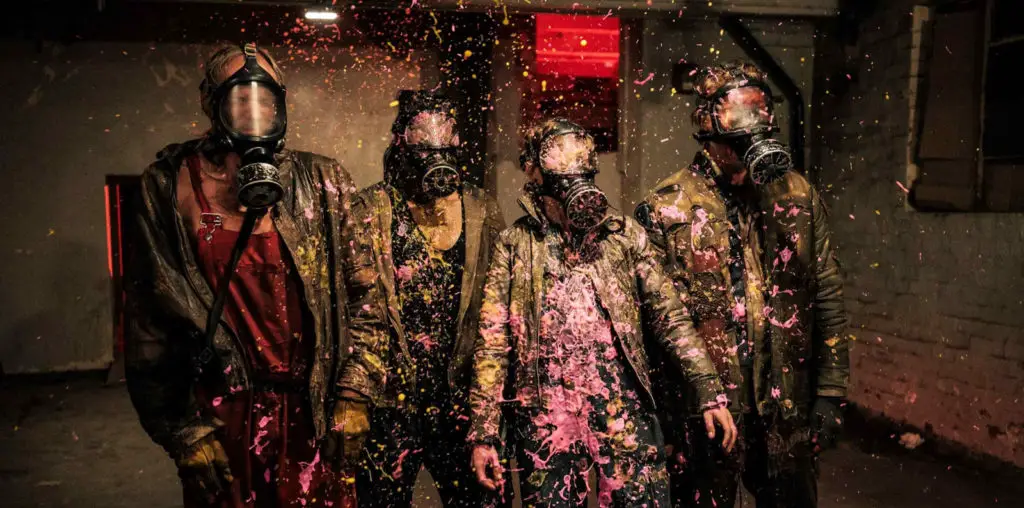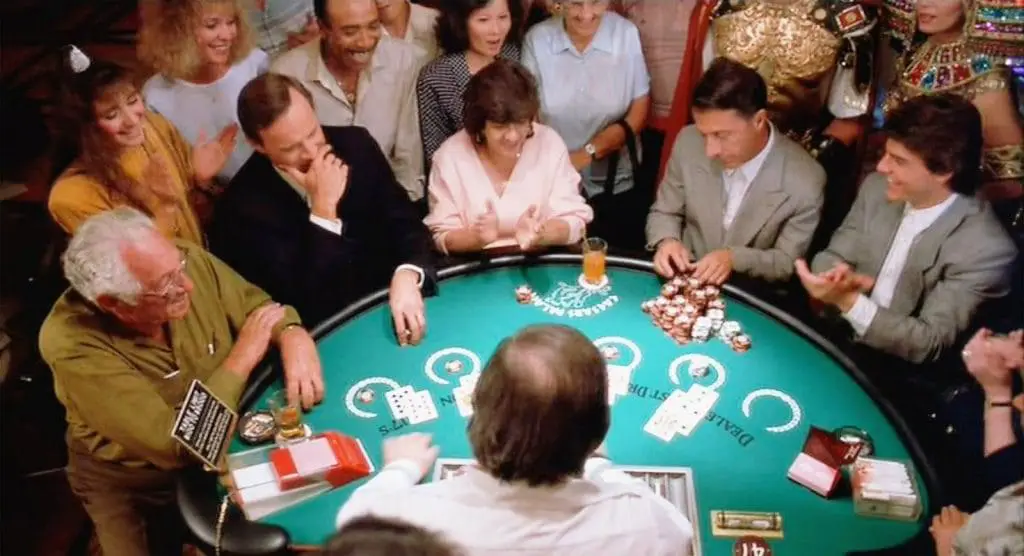
To many, director John Singleton is the west-coast version of Spike Lee for a younger generation. A University of Southern California alumnus, Singleton made a name for himself in Hollywood with 1991’s “Boyz N the Hood,” a film that took an uncensored look at life on the streets. Now, a decade later, Singleton returns to the Hood he grew famous off of– and remains close to– to discuss how much life has changed for minorities, as well as how much it hasn’t.
Columbia Pictures’ Baby Boy focuses on Jody, a 20-year-old man (played by R & B singer Tyrese) who refuses to grow up. A ‘baby boy’ living life on the streets, Jody is dragged– yelling like a child– into adulthood when he slowly realizes that the only choices a boy in the hood has at his age is to become a man and live or remain a child and die at the hands of a gangster.
As someone who spoke with Singleton while filming Baby Boy, I was eager to talk to him about the finished product now that I had seen it. When I caught up with Singleton at the Four Seasons Hotel in Los Angeles, he was more than happy to discuss the film and his career in greater detail now that shooting was over. As we talked, it was easy to notice how close to home working on this project was for him — literally.
Not many people know this, but you live within a few minutes of where you shot Baby Boy. Are you viewed as the painter or artist of that neighborhood (South Central Los Angeles)– the truthteller there to expose it? ^ I get a lot of love when I walk down the street. When I walk up the street people say hi to me, they’re cool. The good thing for me it’s not like it is with a singer or an actor where people really know who you are. For me it’s like people who have seen me maybe do an interview recognize me and give me respect.
How much has the neighborhood changed since “Boyz N the Hood?” ^ It’s changed, but it hasn’t really changed. It’s just a whole new generation of people.
Whenever you have a black film made by a young black man, some people believe that you are trying to supply the audience with a message. Knowing that Baby Boy is going to be seen as a statement, did you approach it that way at all? ^ I don’t think of it that way. It’s just a regular good movie. If there is something in it that you take away after seeing it, that’s cool. All it really is though is a good black movie in the way Marvin Gaye was a good black singer.
So then how do you peg the film? ^ Everyone is going to want to see it because it has a lot of soul. It’s funny because I get these questions all the time, and when Marvin Gaye or Aretha Franklin or James Brown set out to make a record, back in the day usually their audience was prominently a black audience. But they did what they did, just made their records, and people danced to it. As it became more popular, everyone– other people around the world– started to enjoy themselves. But they stayed who they were. I’m a black filmmaker, I don’t shy away from that. I don’t need to act like it isn’t a black thing. In Western culture anything that is perceived as black is seen as being bad. That’s a very racist thing to say, a very racist point of view. For me, black is empowerment– it’s so soulful. It’s soulful like listening to music and feeling the music. To feel Marvin Gaye, to feel Aretha Franklin. But you don’t have to be black to experience that. That’s the same way I feel about me as an artist. I make films and I could make a film with no black people in it but it’s still coming from a black man’s perspective. Everything that’s cool in this country starts from a black community– language, music, fashion– so why would I say that I am not a black filmmaker?
Speaking of language, part of the power of this film is within its language. Now obviously this film isn’t just going to be played within the U.S.– it will be dubbed for an international release. How how do you feel when all of a sudden it gets translated into all these different languages and the power of its original language gets lost in translation? ^ I feel great. It’s like “Boyz N the Hood.” “Boyz N the Hood” went internationally around and everyone got the story because it’s so universal. The whole idea of this cat who can’t leave his mother and has these fears of being killed, it’s such a universal concept. Everyone has told me from other countries that have seen it that the whole baby boy syndrome occurs in Latin cultures, in Italian cultures, in Jewish cultures… nobody wants to leave their momma.
Many people believe that a writer writes about himself. George Lucas has gone on the record to say that parts of Luke Skywalker represent him. How much of John Singleton is in Baby Boy? ^ Jody is my ID. Jody is me if I never went to college, never left my mother’s house or if I went to jail. He’s the total flipside of me. I was able to, in writing Jody, I was able to play and be 20-years-old with no responsibility. That was fun for me.
Are you a baby boy? ^ No, I’m not a baby boy. (Laughs) But I do love my momma.
Get the rest of the interview in part two of Q&A WITH JOHN SINGLETON>>>

